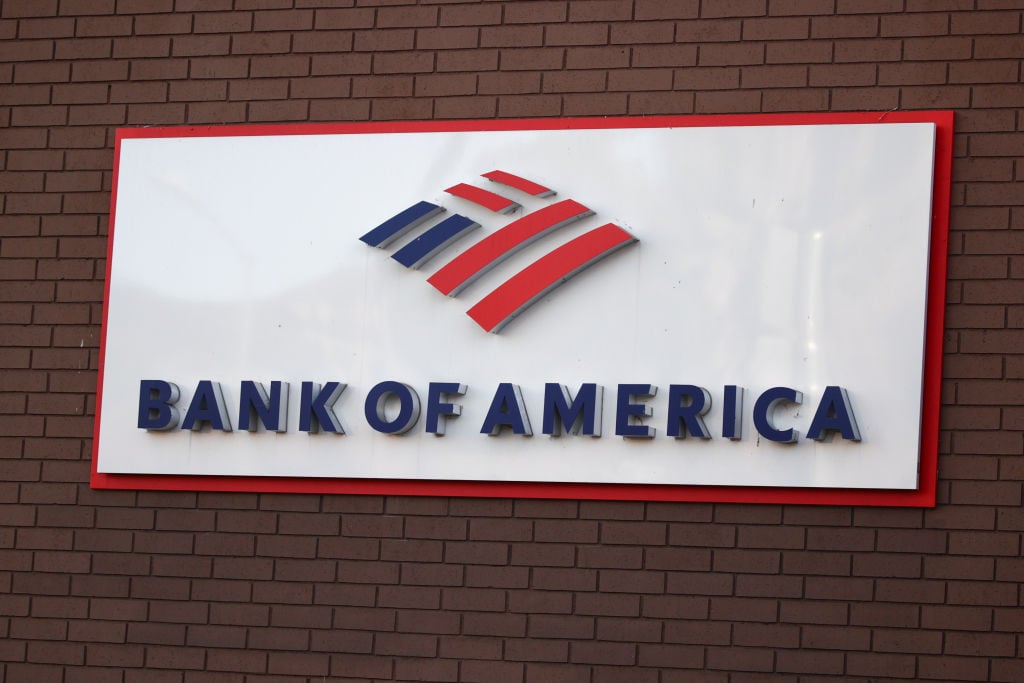During my recent interview with famed value investor Mohnish Pabrai, I had the chance to pick his brain on a wide range of topics. While our conversation mainly focused on his value-investing methods, I also wanted to get his take on the recent short-selling ban (that puts a supposed safeguard on financial companies and even some not-so-financial companies like AutoNation (NYSE:AN), IBM (NYSE:IBM), and H&R Block (NYSE:HRB)), the boom in derivatives over the past few years, and what effect it all had on the market. Here's what he had to say.
A good example to see how effective a ban on short-selling would be is to look at the Chinese stock market, where shorting stocks is illegal altogether. You can't short at all. Until recently, China just had ridiculous stock pricing, and even with their permanent short-selling ban, it didn't stop stocks from falling a tremendous amount.
This all reminds me of a comment made by Charlie Munger a few years back. He said that England, after the South Sea bubble, made publicly held companies illegal. They made them illegal for 100 years. They thought, "It's a casino, it's all nonsense," and they just got rid of the entire system. There was no stock market for 100 years.
Here's what's important: when they got rid of publicly traded companies, it made no difference in terms of the way commerce progressed. The GDP of England grew dramatically during those 100 years. The English people weren't bad at forming companies -- businesses still flourished -- and entrepreneurs could still raise capital from private sources.
Anyways, what Munger's point was is that many of the financial instruments that we think we need, we really don't need. They don't make a positive difference in commerce.
Think about another financial product we have right now: CDSs [Credit Default Swaps]. Let's say Bank of America (NYSE:BAC) holds Wells Fargo (NYSE:WFC) debt. I can place a bet on whether Wells Fargo will default on its debt, even though I don't have a position in Wells Fargo debt. Now, I can't buy a life-insurance policy on you without your permission, but in the CDS market, you can practically do just that.
And here's what's funny about the CDS market. Let's say the Wells Fargo debt we're talking about is for $100 million. What's crazy is that the CDS betting against that debt can be infinitely large --$1 billion, $5 billion, whatever -- all betting that a piece of debt a fraction of its size will default. When the bets become very large, the people who own [CDSs] have a vested interest to influence the outcome of the debt, which can be a dangerous proposition.
Now, if you banned CDSs, it wouldn't have much of an impact on the economy. Even if you ban short selling, it's just an instrument. It has no lasting impact on commerce. If all markets can do is "go long," you have all the mechanisms an economy needs to flourish.
Think about it: You can have a very successful casino that has only four games, or you can have a very successful casino that has 40 games. But do you really need 40 games? Hedge funds will say yes -- they want to be able to profit from every game there is. But the fact is a casino -- or economy -- that only has four games will do just fine. All of these fancy financial products are good for placing directional bets, but in the long run, they have no meaningful impact on the progress of the economy.
While the trading desks at Goldman Sachs (NYSE:GS) and JPMorgan Chase (NYSE:JPM) probably don't like to hear that, Mohnish makes a great point. All too often, we forget what we're really doing when we invest: We're buying portions of a real business and holding it as an ownership stake, not trying to outsmart a system of games that's stacked heavily against us.
For related Foolishness:









